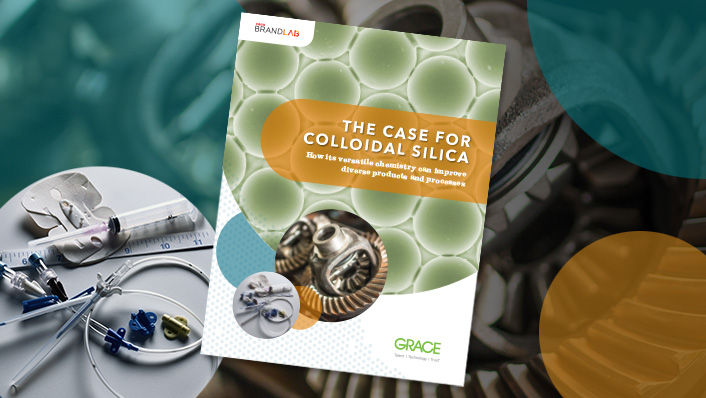Colloidal Silica and Corrosion Resistance – Stabilizing a Safer Alternative

Problem: corrosion resistance can come with toxic consequences
A thin layer of chromium offers an attractive finish and excellent protection against corrosion and damage for metal parts in vehicles, kitchen and bathroom fixtures, and other items. But the coatings typically use hexavalent chromium—a form of chromium that is a known carcinogen and can cause extensive organ damage.
Solution: colloidal silica can help stabilize a safer alternative
Trivalent chromium is a safer alternative to hexavalent chromium. Indeed, this form is an essential trace mineral in the human diet. A number of industrial manufacturers have been developing strategies for producing anticorrosive chrome plating using trivalent chromium that rely on colloidal silica as a key ingredient.
Colloidal silica can act as a binder for trivalent chromium, producing a stable coating that is then applied to a layer of zinc. These trivalent chromium coatings have become increasingly the norm in the manufacturing world—particularly since the European Union moved to restrict widespread use of its hexavalent counterpart in late 2017. Fortunately, current trivalent chrome-plating approaches generally seem to match the durability, corrosion, and rust resistance of hexavalent coatings but with far less risk to the environment and the general public. In parallel, researchers have been exploring colloidal silica–based protective coatings for metal that eliminate the use of chromium altogether, although these are still at an early stage of development.
This is just one example of thousands of innovative applications that rely on colloidal silica being developed by researchers around the world. The stability, safety, and ease with which colloidal silica can be chemically manipulated make it a versatile building block. The scientific community is now exploring cutting-edge uses for this material that could become commonplace in years to come.
Featured
General Industrial
Grace's expertise in applying innovative technologies to base materials such as silica and alumina transform them into functional ingredients such as silica gels, silica sols, precipitated silica, zeolitic molecular sieves, and modified silica products that impart a range of beneficial properties to industrial products.
LUDOX® Colloidal Silica
LUDOX® colloidal silicas are discrete nanoscale spherical particles of amorphous silica dispersed in water.


